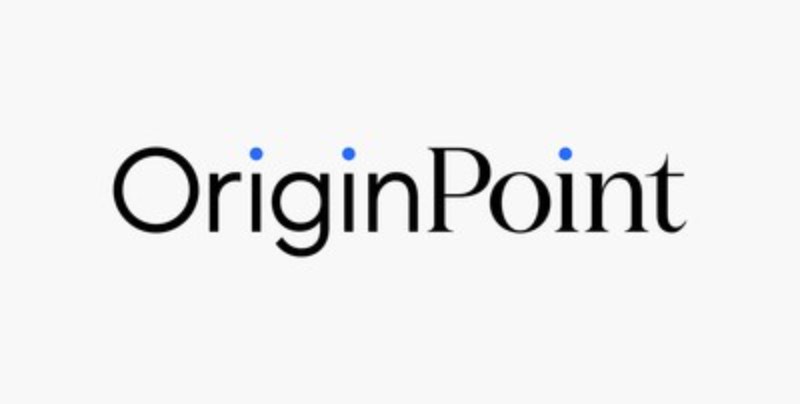Compass recently announced to have Compass’s own mortgage origination company.
Compass, Inc. (NYSE: COMP), the nation’s largest independent brokerage and a leading real estate technology company, and Guaranteed Rate, Inc. (“Guaranteed Rate”), one of the nation’s five largest retail mortgage companies, announced they have entered into a definitive agreement to form OriginPoint, a new mortgage origination company.
Compass and Guaranteed Rate are natural partners–Guaranteed Rate is the number one non-bank lender for Compass agents, and both companies have deep expertise in the jumbo space. Once Guaranteed Rate’s digital mortgage platform is fully integrated into Compass’ suite of AI-driven cloud-based software, OriginPoint will drive efficiencies throughout every step of the mortgage process to bring a faster, more seamless and completely transparent home buying and selling experience to loan officers, agents and clients.
While Compass does not require its agents to use Origin Point, Emil and I find it highly beneficial to have a lender present in our office.
Recently, we had the pleasure of discussing the mortgage process and recent updates in the mortgage industry with Todd Parsons, a founding member of Origin Point.
We inquired about the relationship between credit history and interest rates. Despite our extensive experience in the business, we realized we never had a clear explanation.

Here’s what Todd shared about Credit History Myth:
As a Mortgage Lender, I’ve had countless people cite a low credit score as the reason they haven’t pursued homeownership. While Credit is indeed an aspect of loan qualification, the minimum required credit scores are often much lower than buyers perceive.
Conventional mortgages require a minimum credit score of 620, and alternative programs such as FHA, VA, and Non-Conforming loans can approve credit scores into the low 500s. Mortgage applications with lower credit scores can be subject to higher rates, but typically, the rate adjustments are minimal.
The larger the down payment, the less the rate will be impacted by a lower credit score.
In fact, conventional loans with a 40%+ down payment have no type of credit score adjustments. Therefore, someone with a 40% down payment and a 620 credit score could receive the same rate as another buyer with a 40% down and an 800 credit score.
Buyers with both low credit and a low down payment will see the greatest increase in the loan cost, but the impact is still relatively small. For instance, someone with a 3% down payment and a 620 credit score will pay an additional 1.625 points for their loan, compared to someone with a 780 credit score and 3% down payment. That additional 1.625 cost would translate into around a 0.5% increase in the rate.
The loan program matters.
Refinance transactions can carry greater costs for low credit scores – particularly Cash-out refinances. The exact impact depends on the amount of equity, but a 620 credit score on a Cash-out refinance can result in as much as 3.75 points of additional cost.
My Advice.
I advise my clients to aim for a credit score over 740; but don’t let a lower score stop you from buying now. It usually takes several months to improve a credit score, and the costs associated with a lower credit score can be negligible compared to the 5%+ average annual appreciation in home values. If you can qualify for a mortgage now and are comfortable with the mortgage payment, don’t waste time overanalyzing your credit score.
If you have question regarding mortgage, please give Todd a call.





